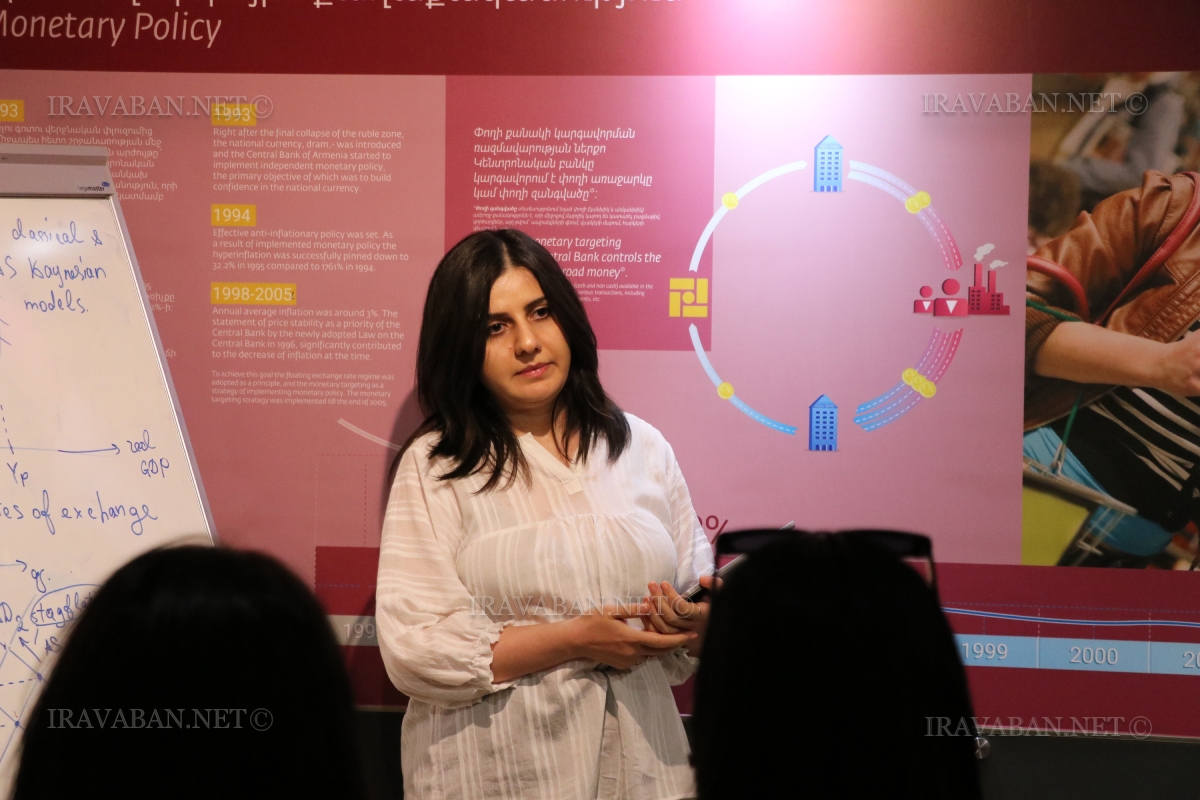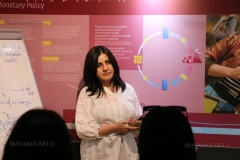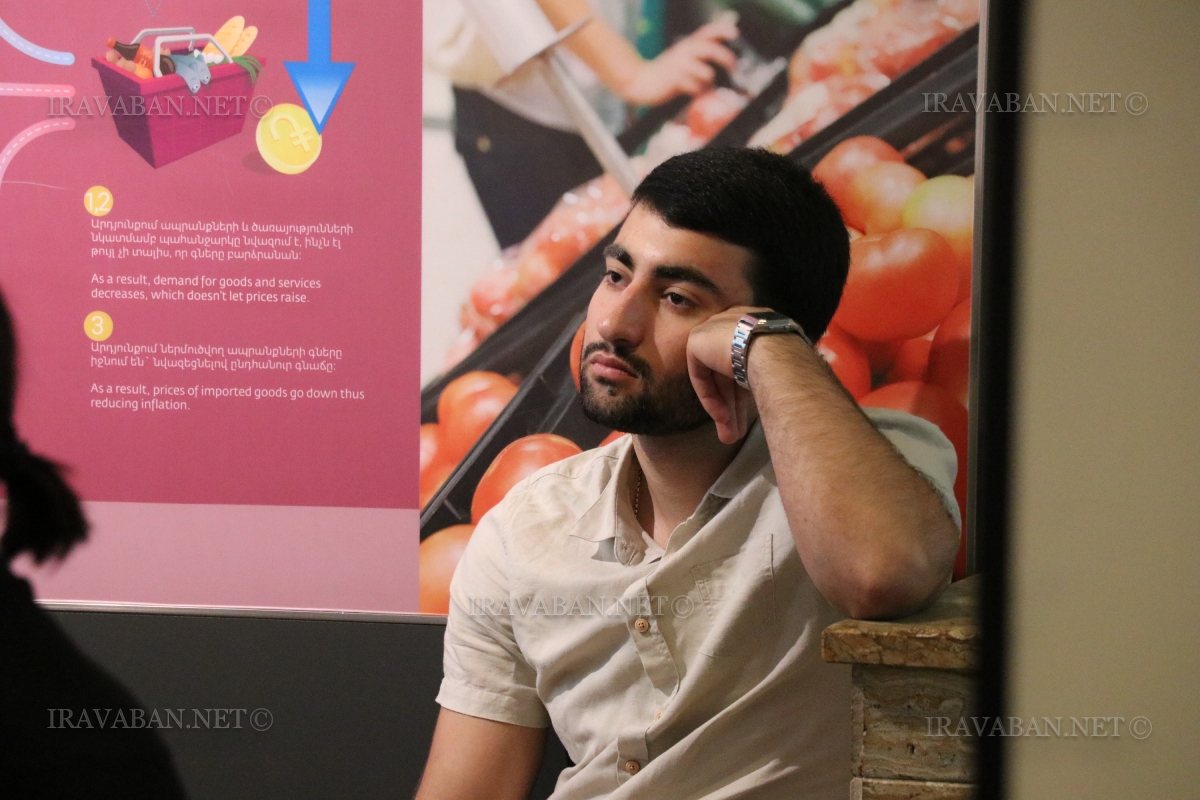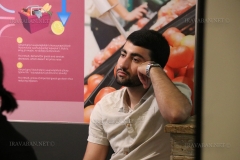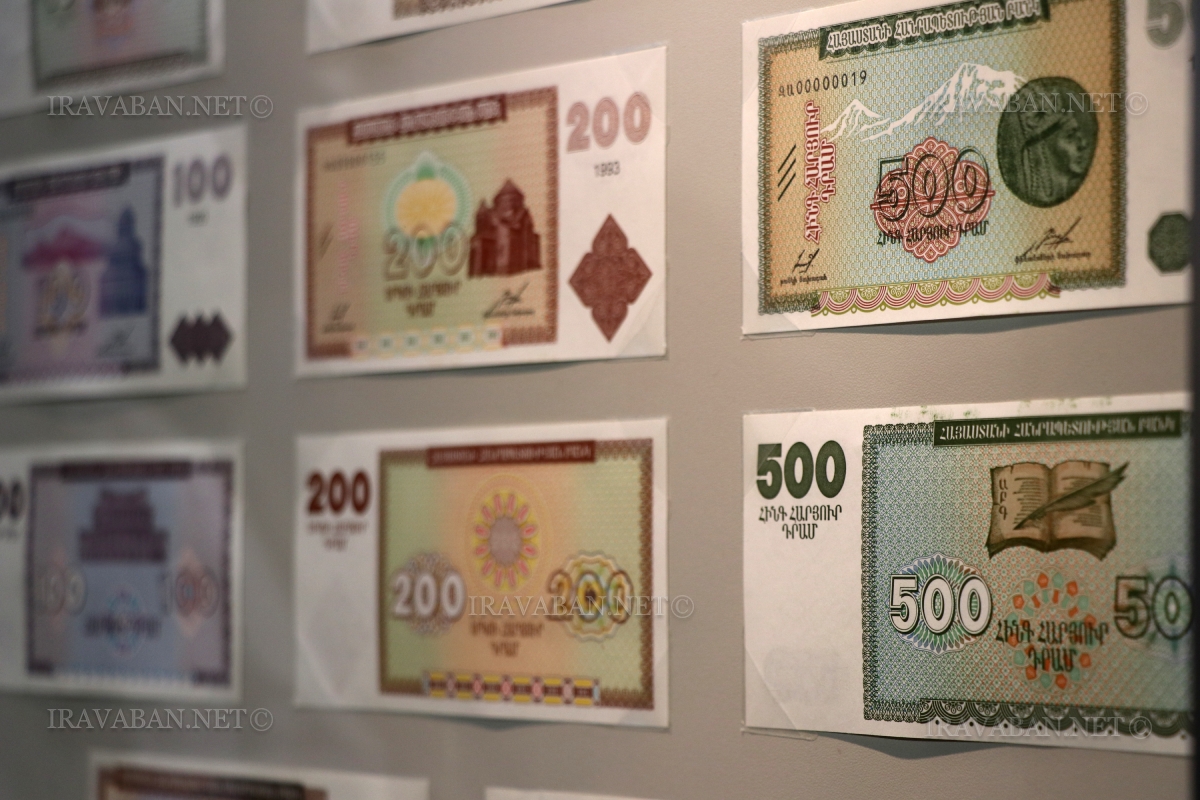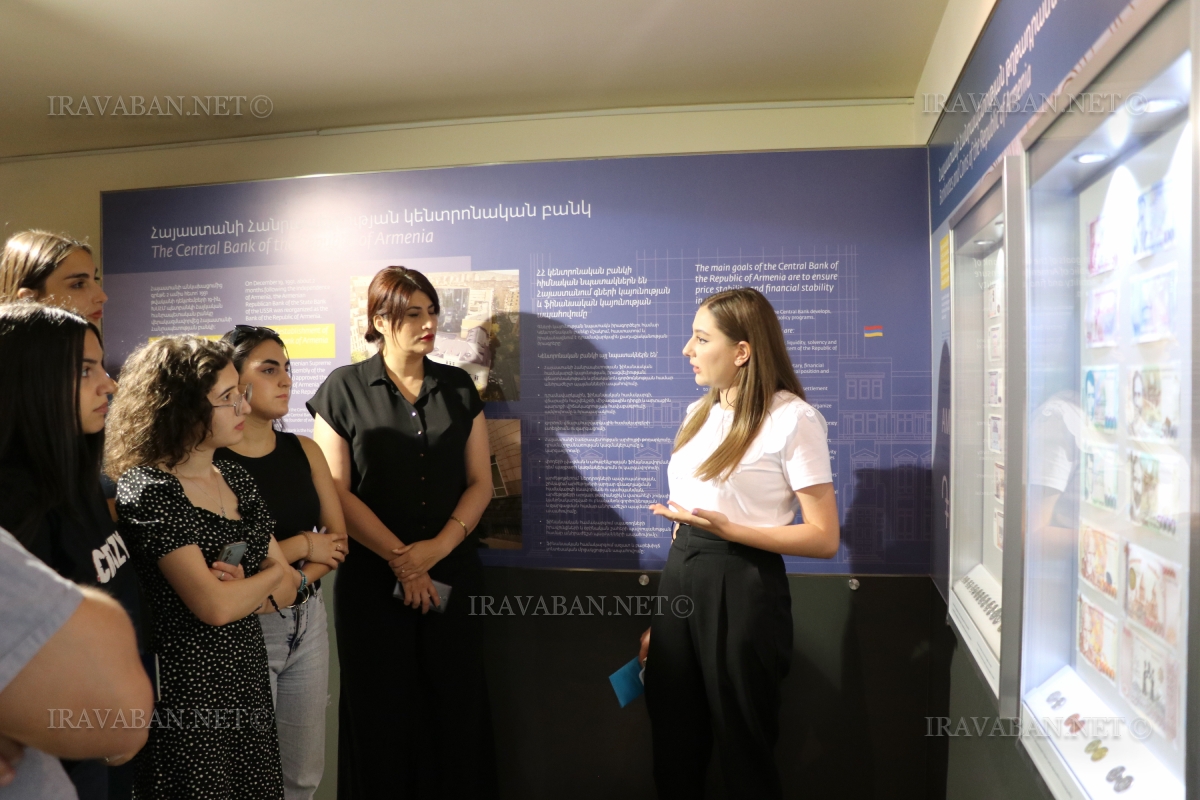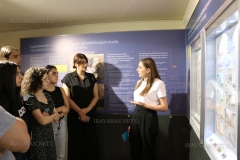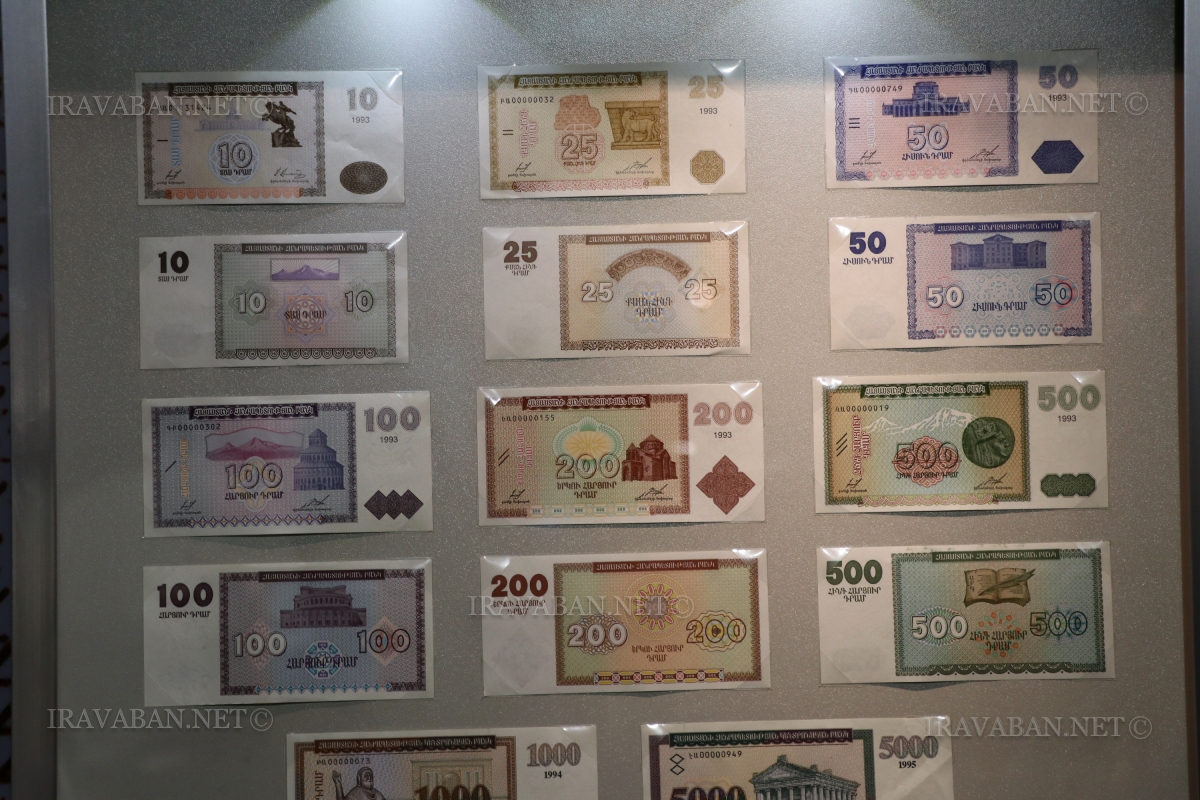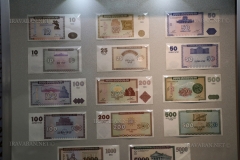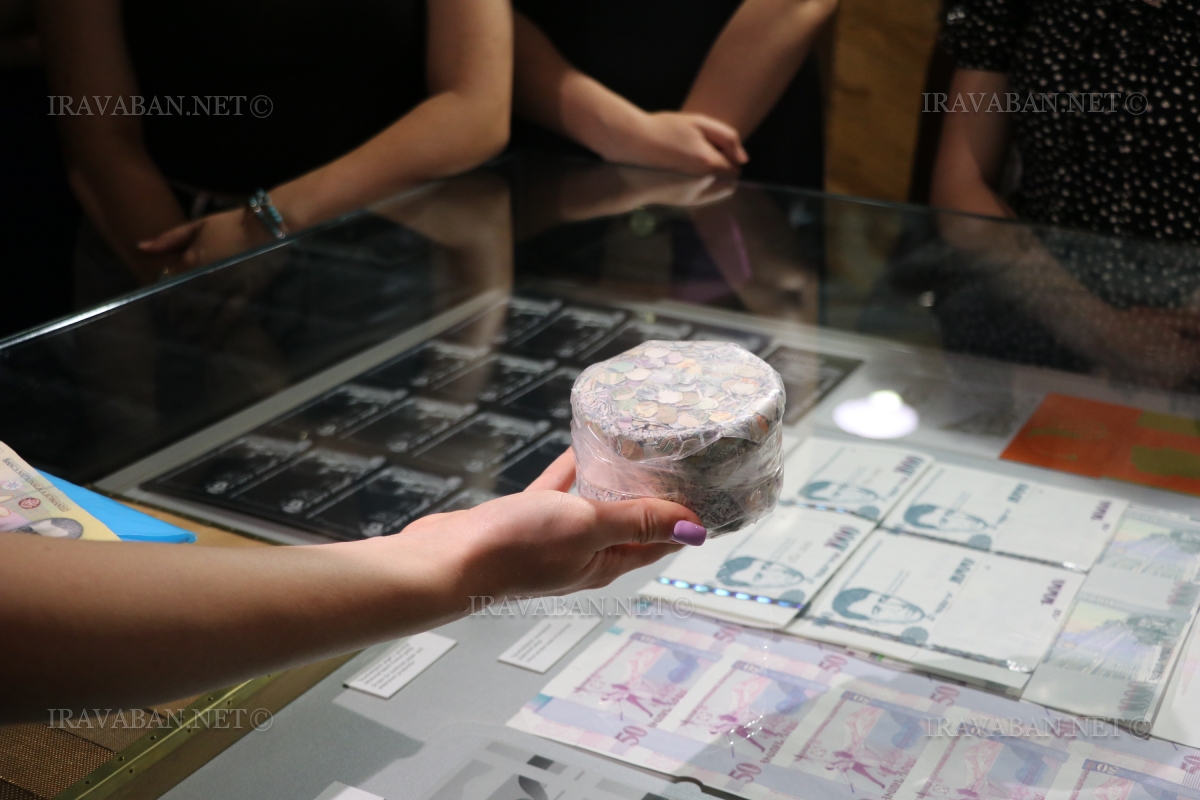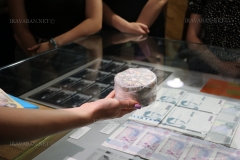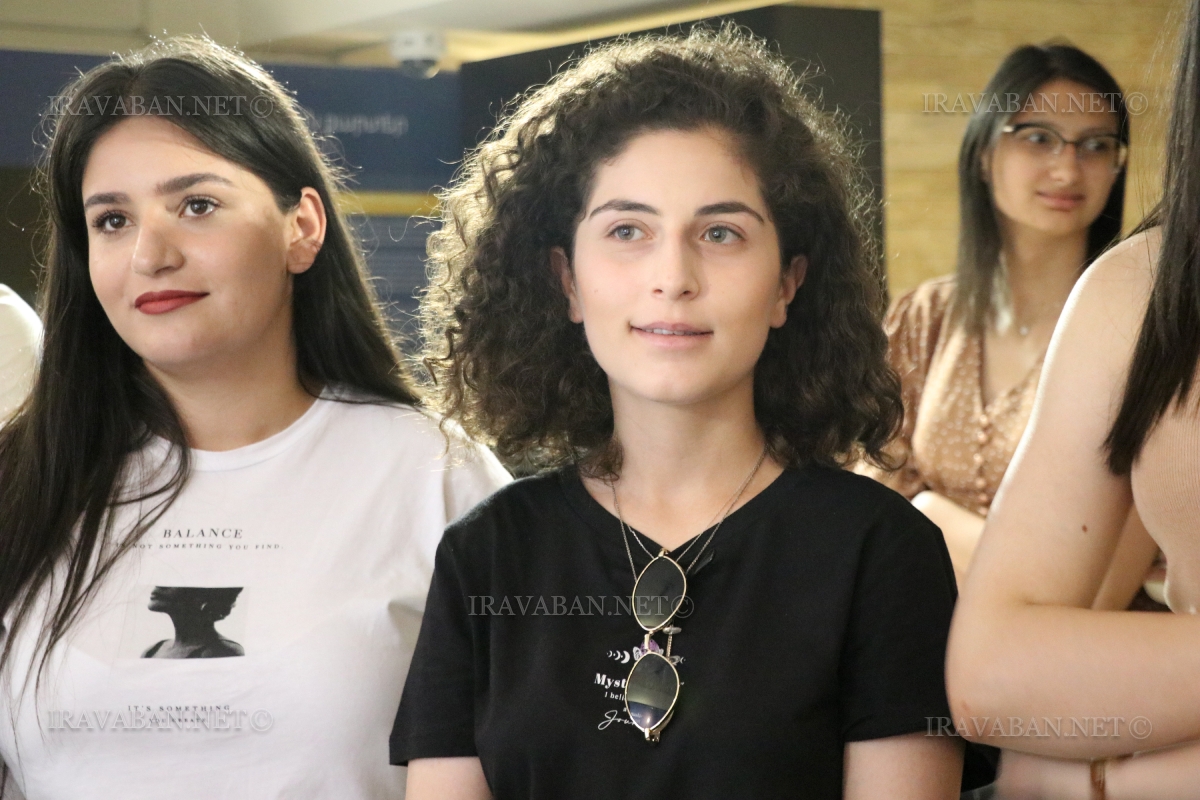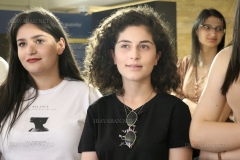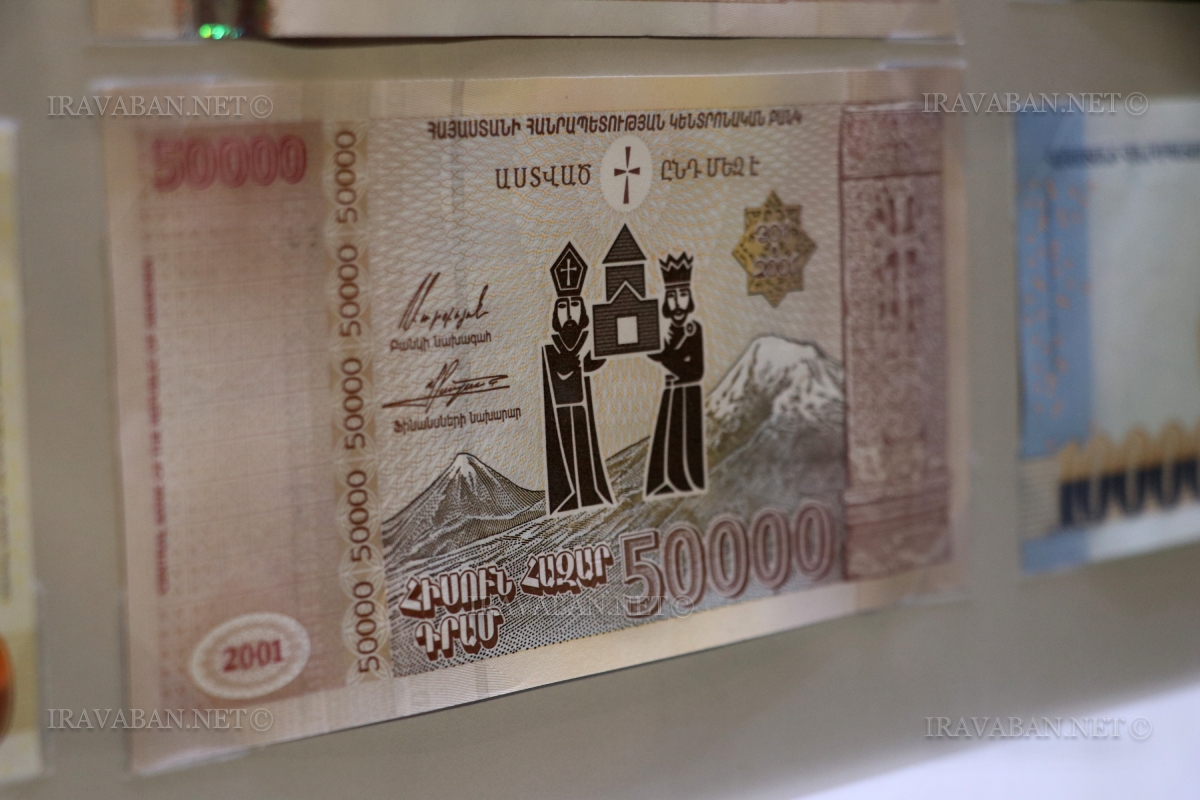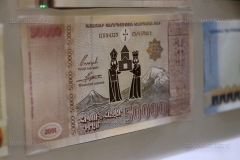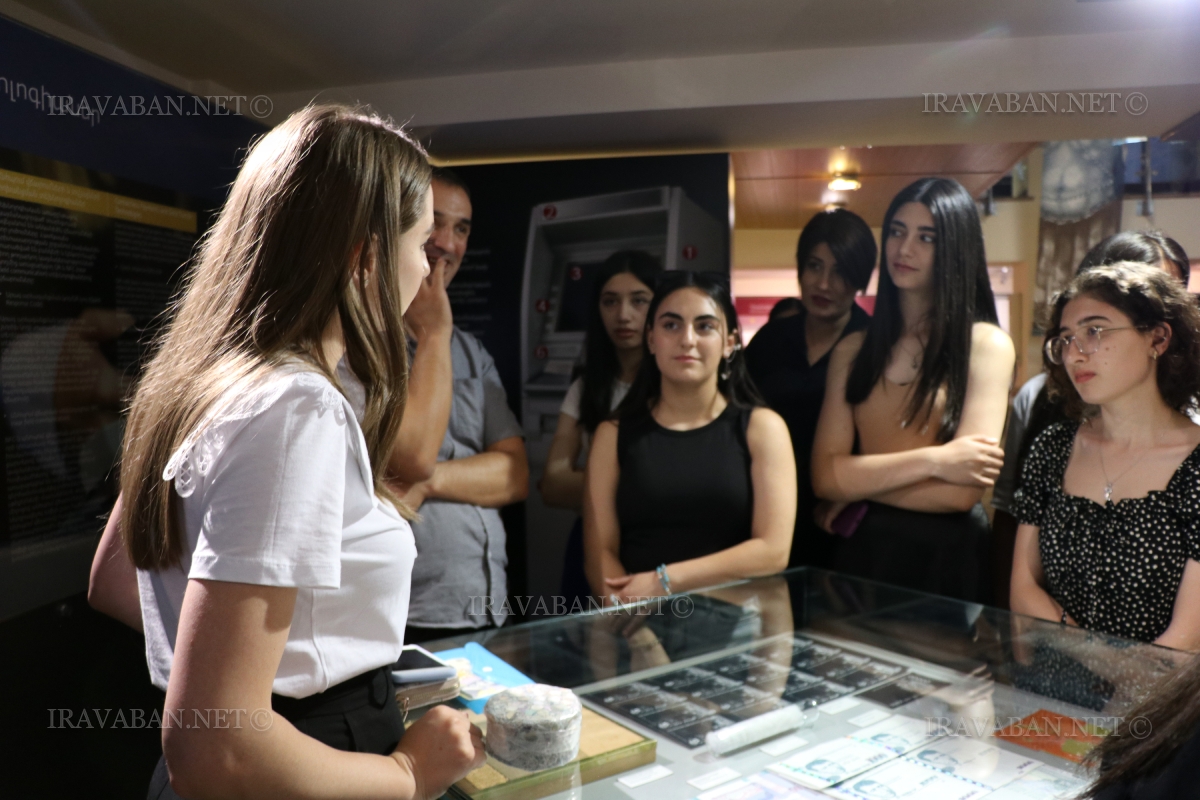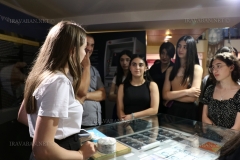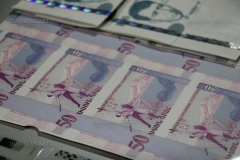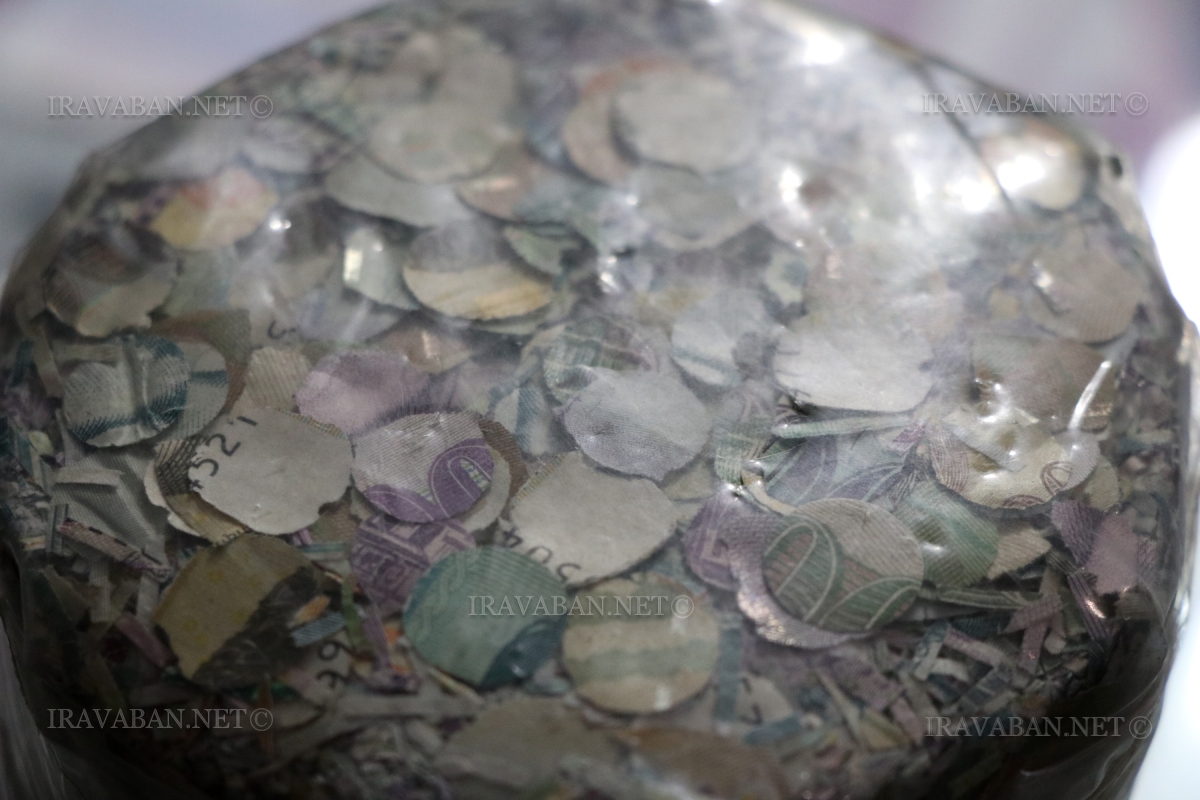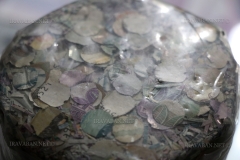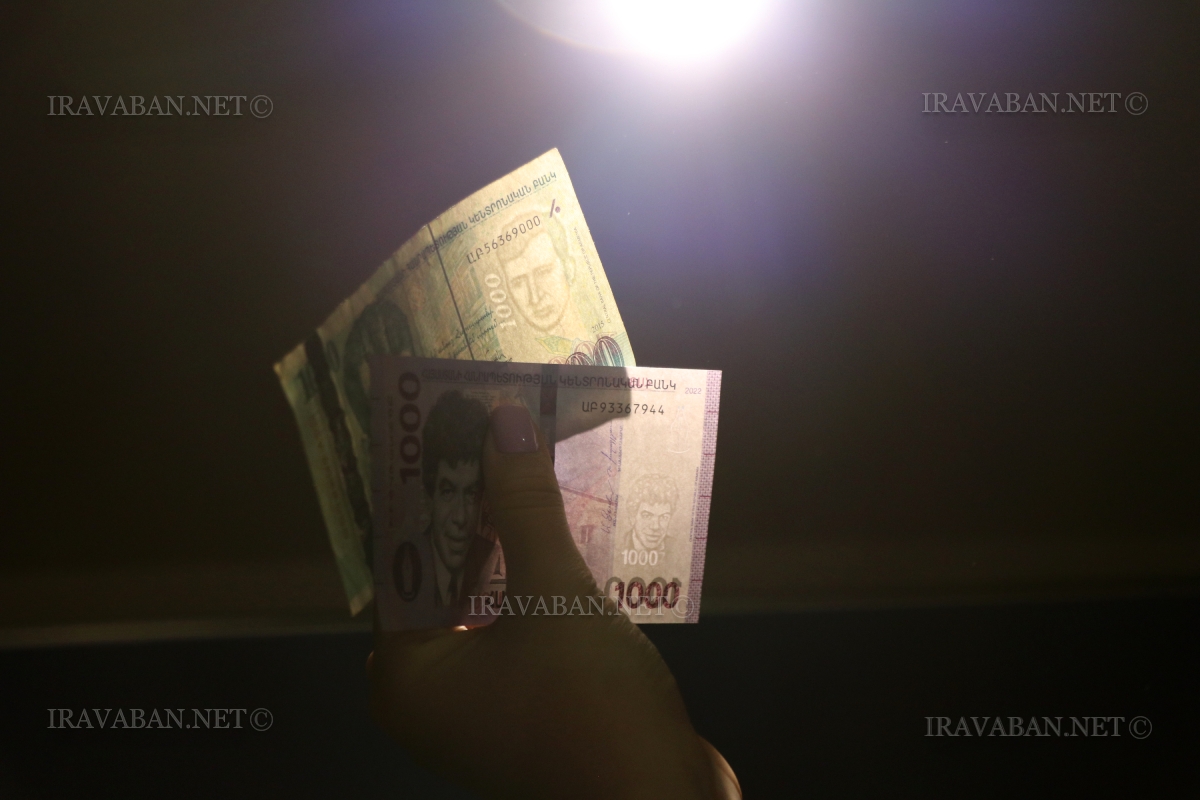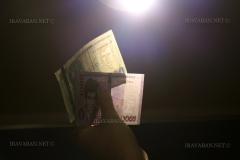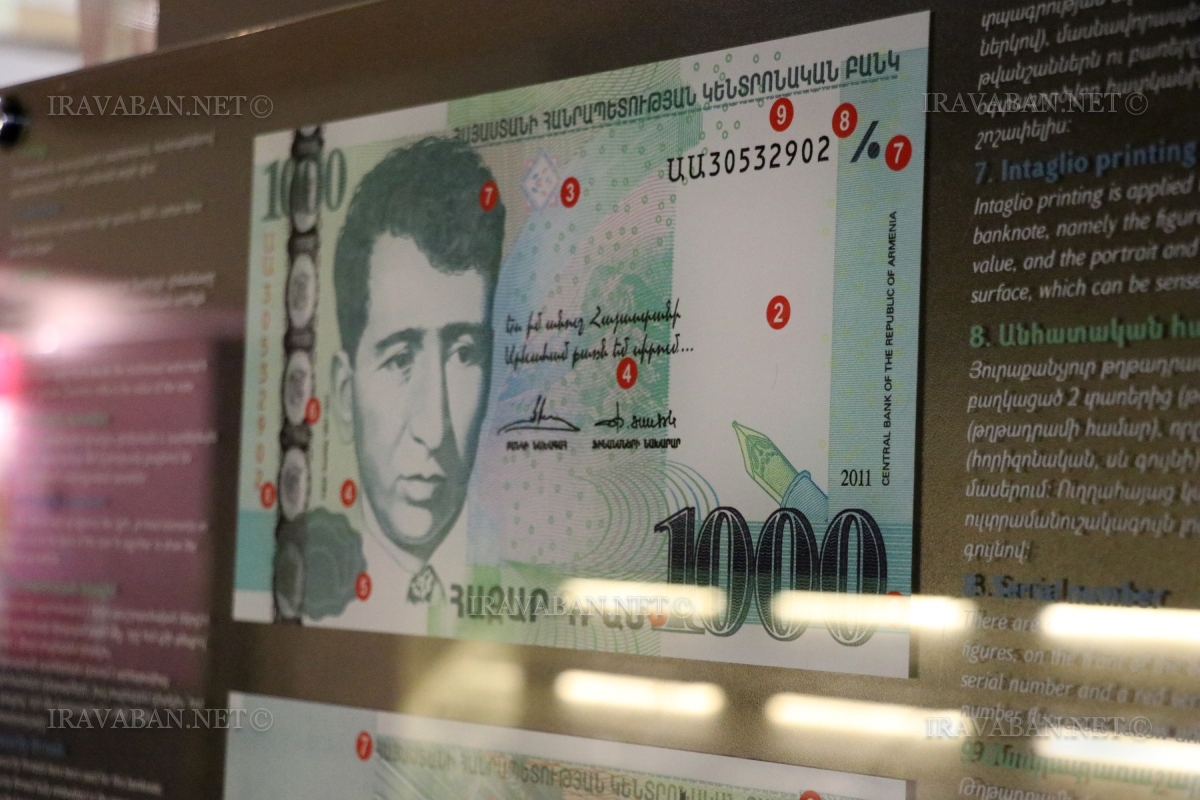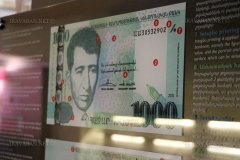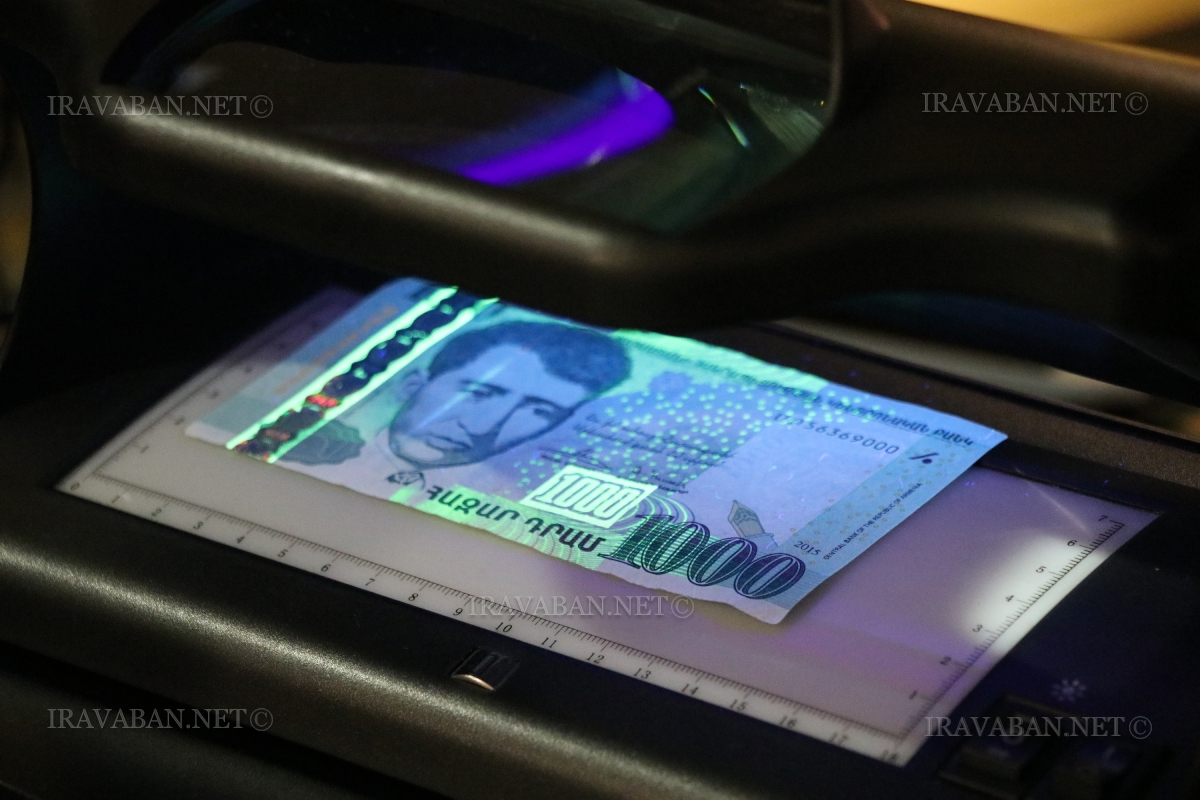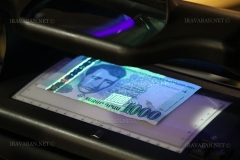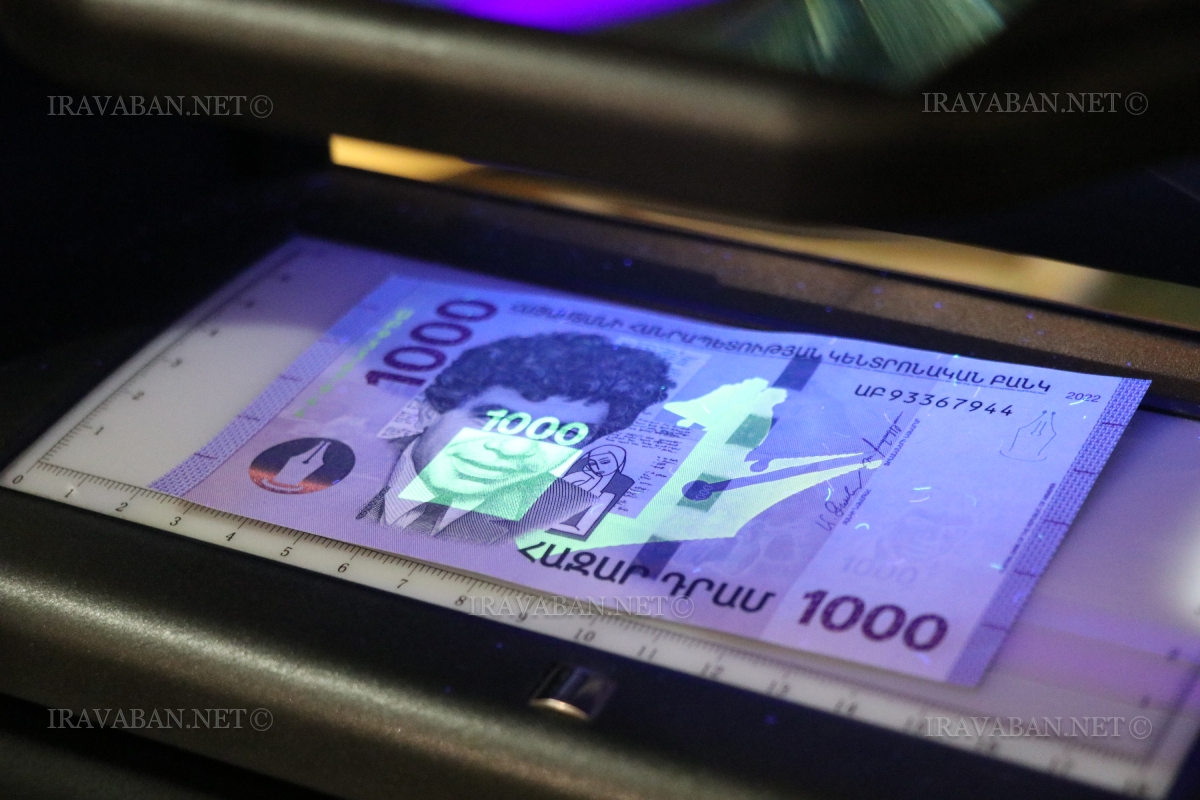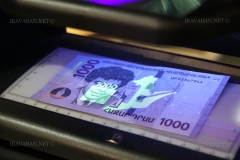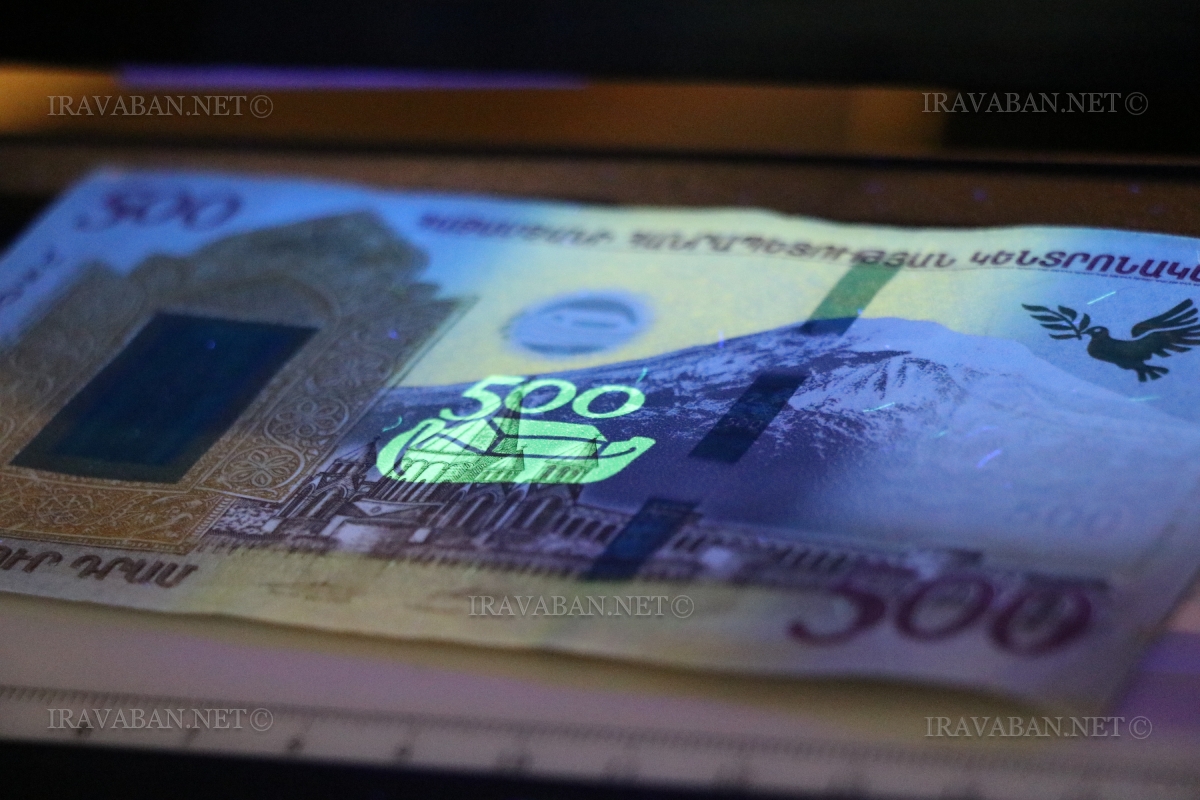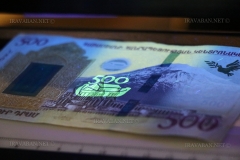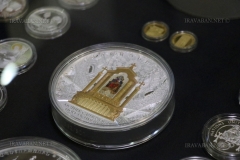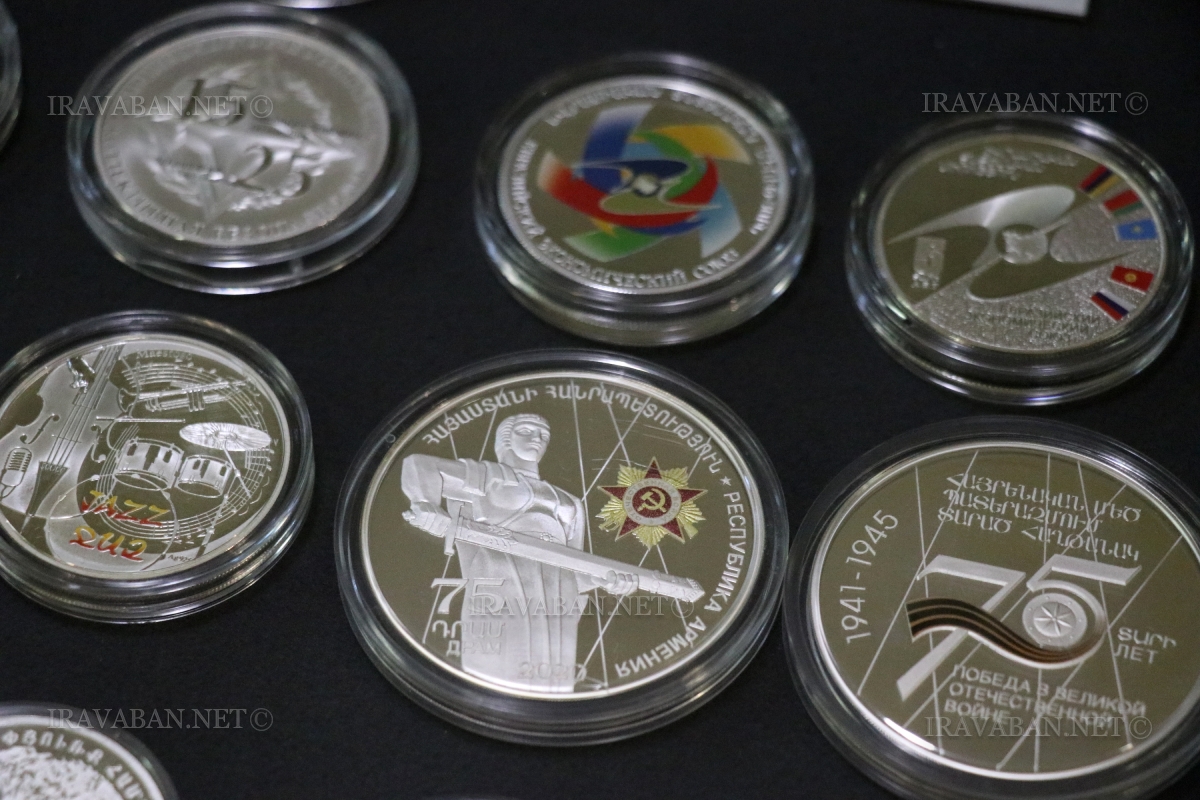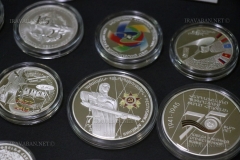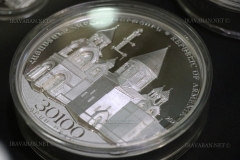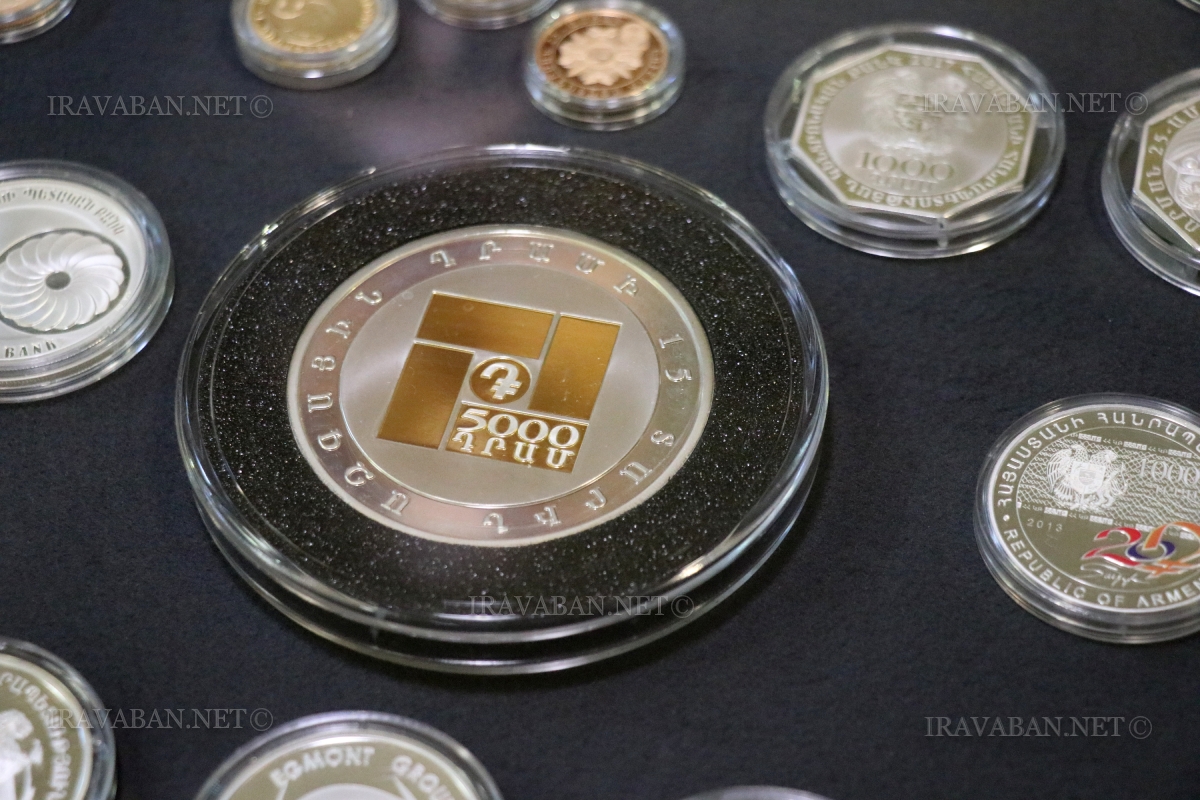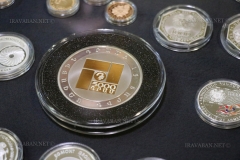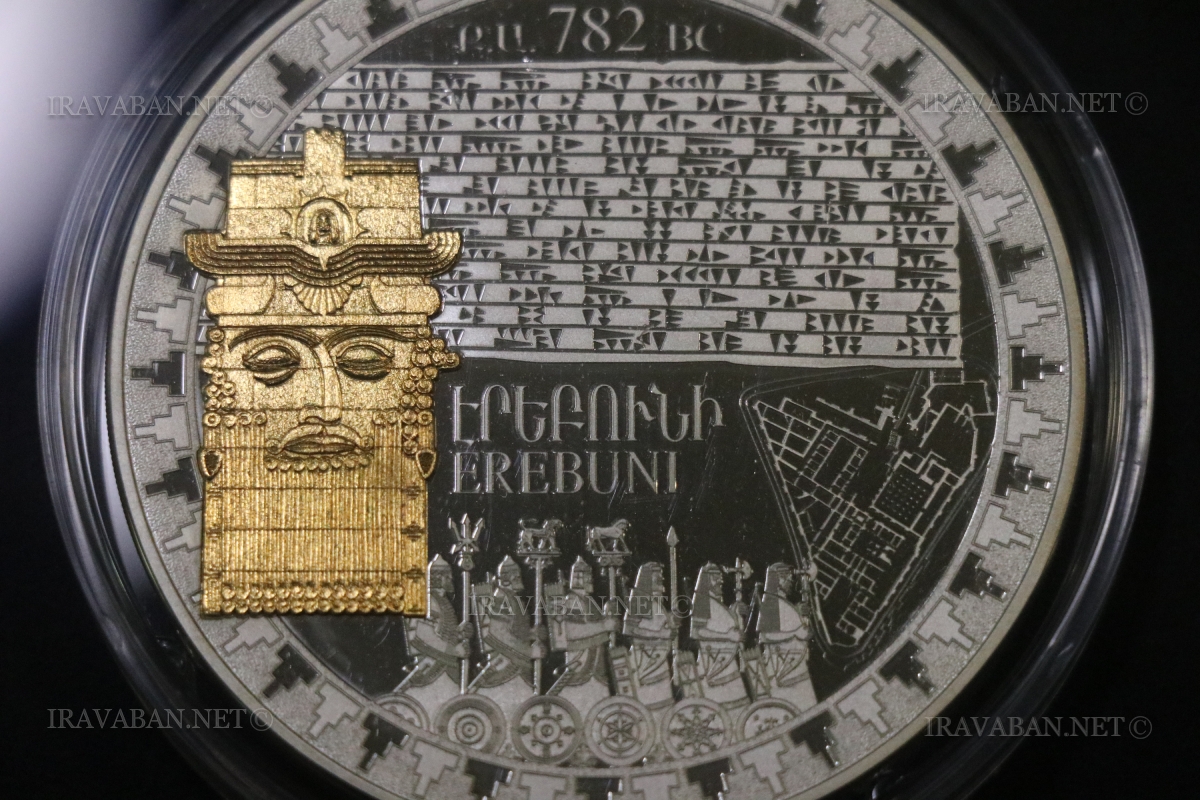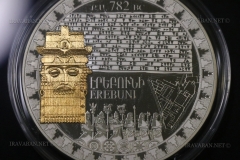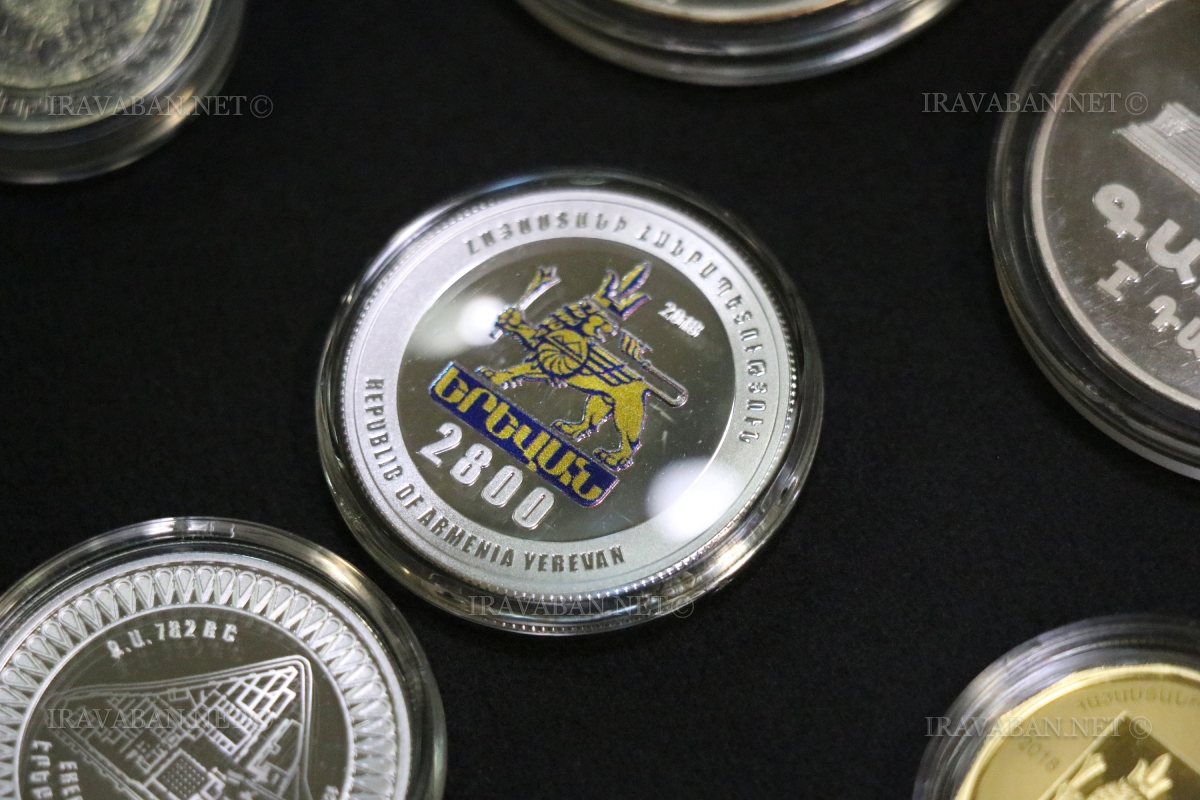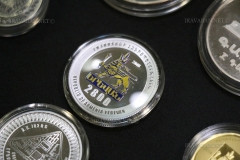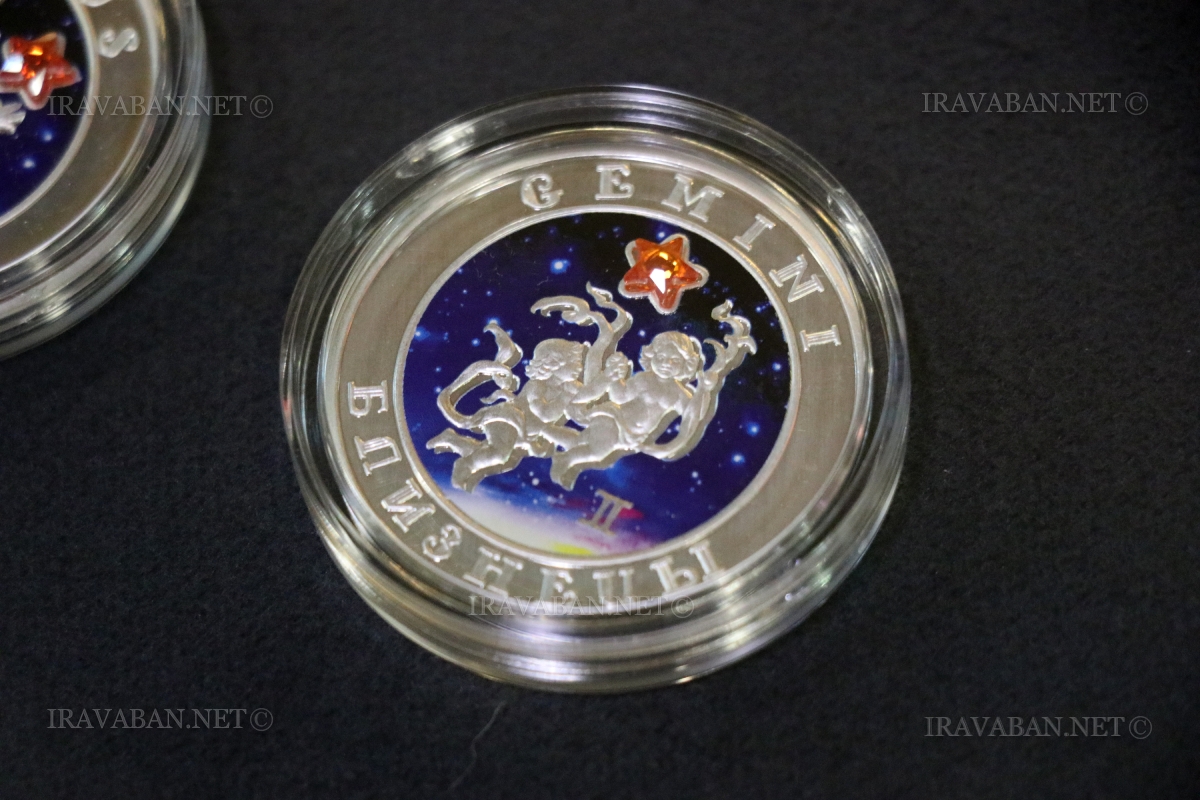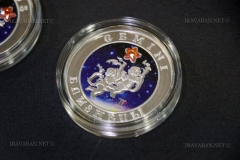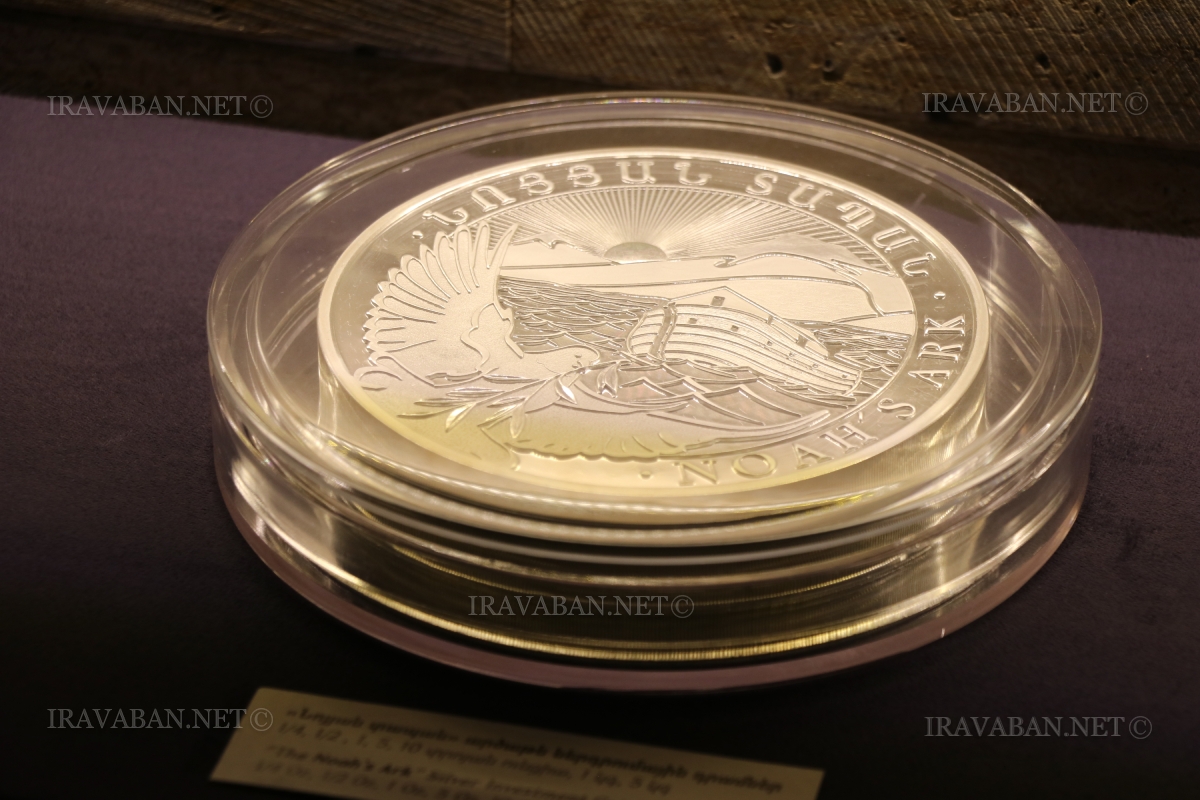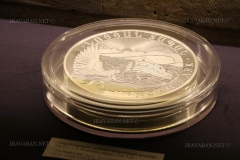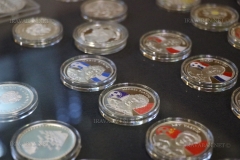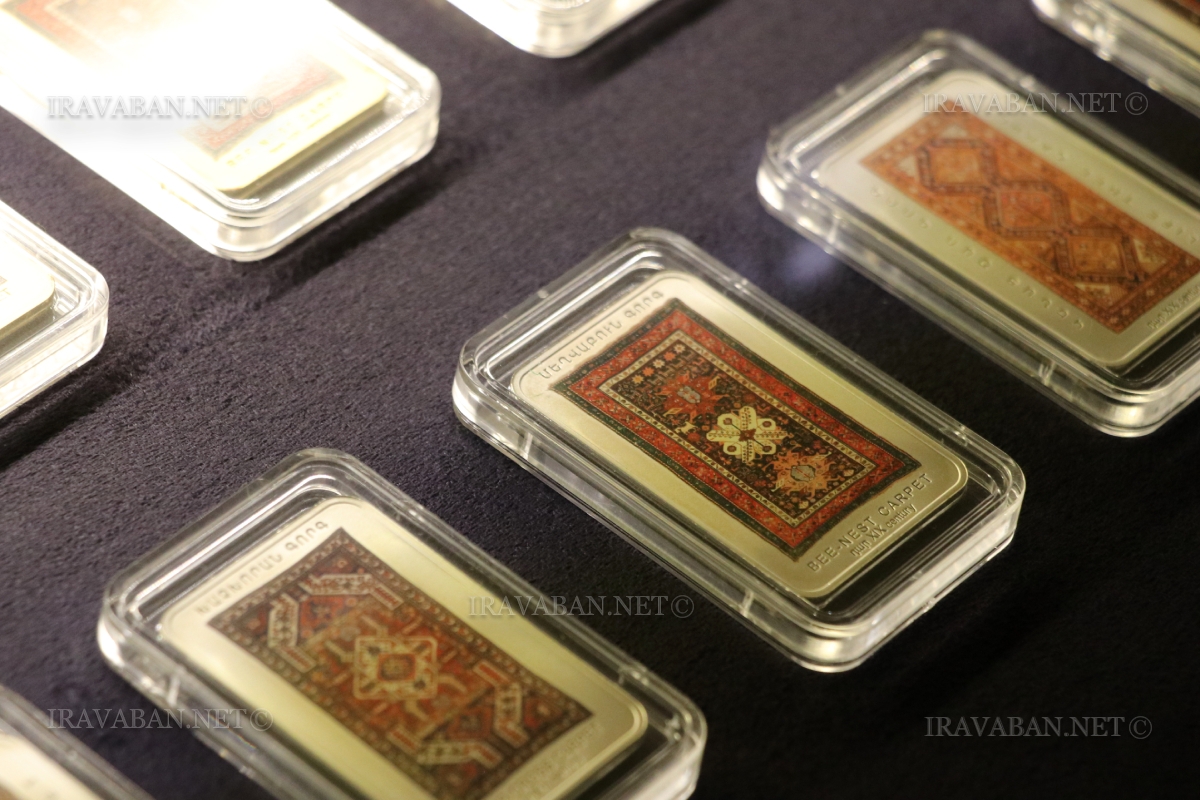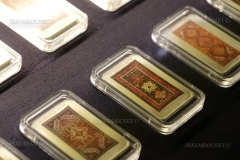Students of the Anti-Corruption School for Young Leaders visited the Central Bank
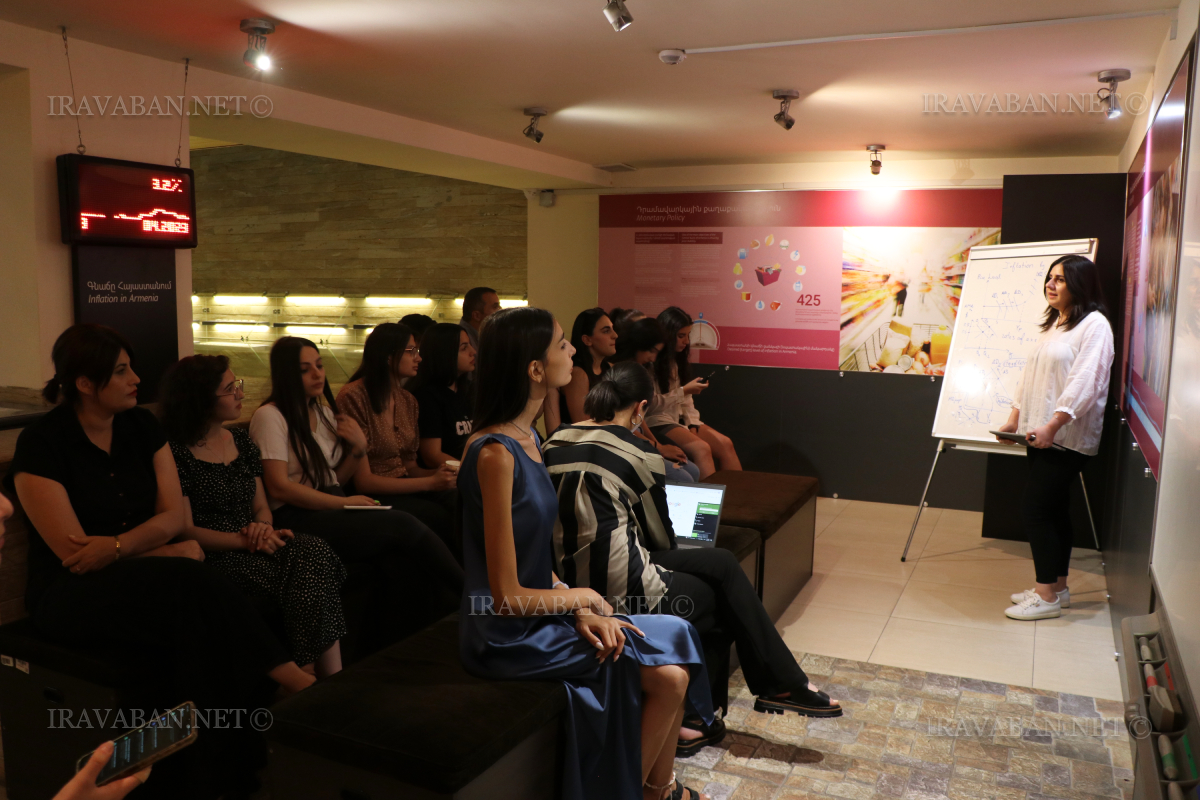
On 25 July, students of 9th stream of the Anti-Corruption School for Young Leaders, the 1st anti-corruption professional educational initiative operating in the Republic of Armenia, within the framework of the master classes and practical skills development phase of the school, visited the Central Bank of Armenia.
Ms Ani Varderesyan, a lawyer of the Financial Monitoring Center, presented to the participants the role and importance of the Central Bank in the fight against money laundering, as well as the tools used.
It is noteworthy that the term “money laundering” was used for the first time on 17 June, 1973, from the lips of former US President Nixon’s legal advisor, when money laundering was not yet considered a separate crime in any legal direction in the world. Today, it is the most complex among global financial crimes.
It is noted that all types of illegal money are laundered in 4 main ways:
- Internal money laundering. illegally obtained money is laundered, legalized in the given country,
- Exported money laundering. money obtained illegally inside the country is legalized outside the given country,
- Imported money laundering. money obtained illegally in different countries is brought to one country and “laundered” there;
- External money laundering. Illegal money obtained from different countries is legalized both in that country and outside it.
After the discussion, the security features of the banknote as well as the commemorative coins issued by the Central Bank were presented to the students,.
Notably, the training in the Anti-Corruption School for Young Leaders will be organized in the following phases:
- ONLINE TRAINING PHASE, during which the students will pass a basic anti-corruption course consisting of 25 topics through the school’s online anti-corruption training platform. Those students who have completed all the knowledge test questionnaires and received the appropriate points for completing the online training will be considered completed the online training phase.
- MASTER CLASS AND PRACTICAL SKILLS DEVELOPMENT PHASE, during which students who have successfully completed the advanced stage of school will be divided into groups and each group will conduct a study, monitoring or investigation on one of the in-depth anti-corruption topics. During this phase, the work will be organized in the form of group meetings, discussions, and meetings with representatives of the sectors and other relevant bodies and organizations. Attendees will learn a range of innovative tools and gain related skills. At this stage, mentoring for groups is planned.
- PUBLIC AWARENESS PHASE, during which students who have successfully completed the practical skills development phase of the school will have the opportunity to disseminate their anti-corruption knowledge among young people through public awareness seminars.
- ADVANCED TRAINING PHASE, during which the best 15-20 participants who have achieved high results in the online training phase of the school, successfully completed the in-depth interview phase and are selected, will participate in the outreach (out of Yerevan) in-depth anti-corruption training. The in-depth training phase of the school will consist of the modules: “Anti-Corruption Advanced Training” and “Pillars of National Identity”.
- FINAL PHASE, during which the students, who have successfully completed the practical skills development and public awareness stages of the school, will present their research and public awareness results to the reputable jury and the public.
Students who have passed and successfully graduated from all five phases of the School will be awarded GRADUATION CERTIFICATES of Anti-Corruption School for Young Leaders.
“The Armenian Lawyers’ Association” NGO is organizing the Anti-Corruption School for Young Leaders in cooperation with the CSO Anti-Corruption Coalition of Armenia.
The information partner of the Anti-Corruption School for Young Leaders is Iravaban.net, independent professional news website.

